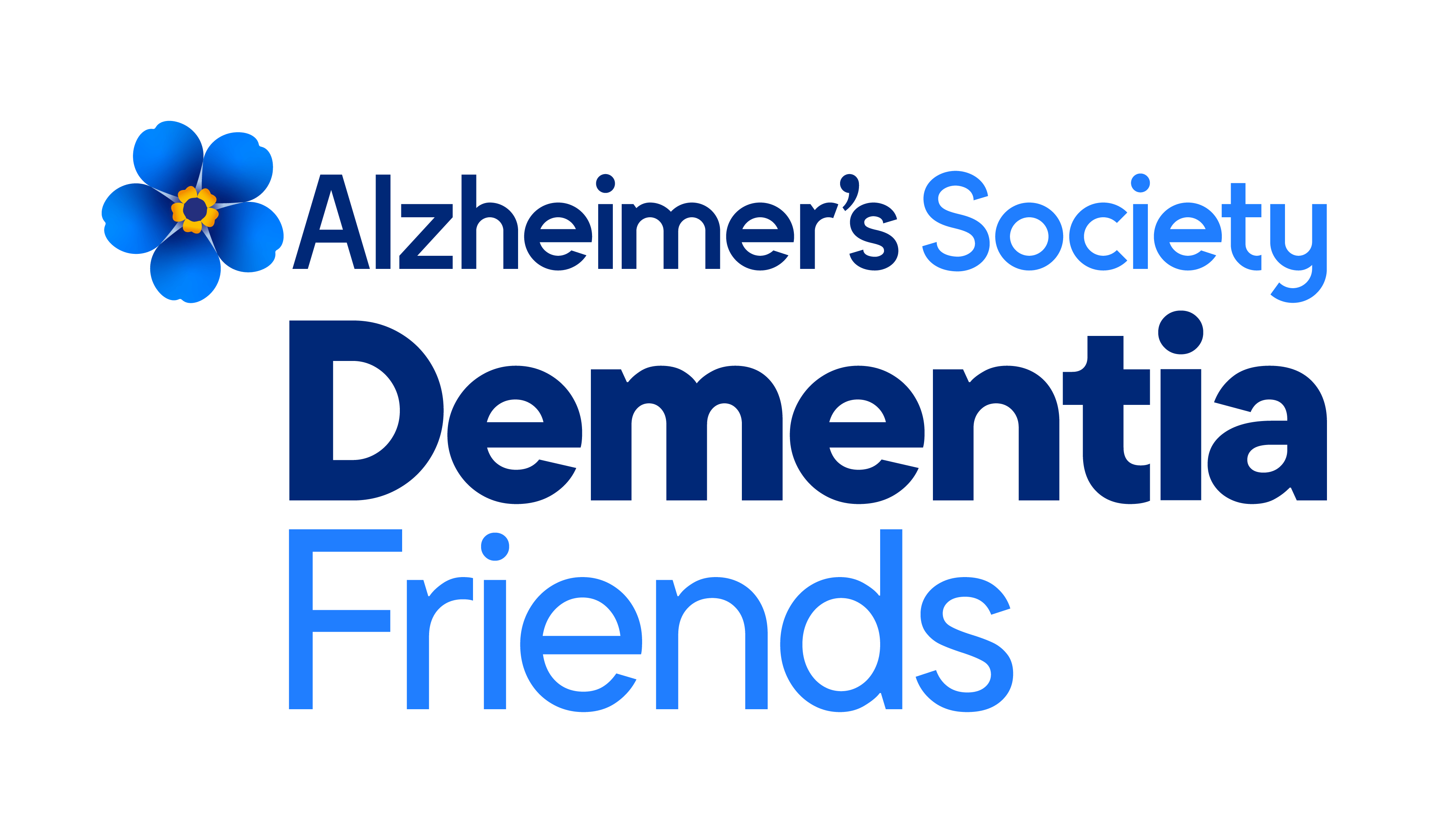6 ways to make your Sessions more inclusive
As Champions you are playing a vital role in our mission to create a society where everyone affected by dementia is supported, accepted and able to live in their community without fear or prejudice.
So how can we reach everyone with our messages, recognising that we all have different needs and experiences?
Here are some simple things you can do to make all your Sessions even more inclusive!
1) Bring large print resources
Bring a few to every Session. You never know when it might benefit someone’s participation. Give people the option to choose them, leave on tables or just let people know you have them if they would like. You can find all these resources and the guide for delivering Sessions to people who are partially sighted under Resources/Adapting your Session/Documents 20 - 24
2) Ask for ‘Who’s right’ volunteers
When asking for volunteers to take part in this activity, mention that they need to be comfortable standing for about 5 minutes and be able to read a slip of paper. This should prevent anyone finding themselves in the potentially uncomfortable situation of disclosing a health condition/disability or problems with reading in front of the group.
3) Know your venue
Use the ‘Public Information Session venue checklist’, (found in your Handbook and dashboard). It will help you identify key information that you can use in your publicity for the Session, over and above whether it is wheelchair accessible. Is there a hearing loop for example. Or how about disabled parking bays?
4) Repeat back the group's contributions
When asking questions of the group, it's a good idea to repeat back what you have heard as their answer. This makes it clear that you have listened, gives the opportunity to correct any misunderstandings and ensures that anyone who hasn’t heard or is lip reading can keep following and engaged.
5) Be aware of language
In the same way that as Champions we are mindful of the impact of our words when discussing dementia, bring this same awareness to how you engage with your group. We can all from time to time make everyday assumptions in our choice of language that could inadvertently leave people feeling excluded. For example by assuming someone’s beliefs based on how they dress or the gender of a partner.
6) Provide accessible support information
Remember to include a range of resources amongst the supporting information you take along to your Sessions. For example you can order accessible resources such as ‘easy read’ factsheets or materials in other languages. Not everyone has access to the internet so having a copy of the Alzheimer’s Society publication catalogue available and a few example fact sheets is a good idea. You can view or download the catalogue here. If you haven’t ordered resources before, take a look at this article for more info on resources you can provide.



